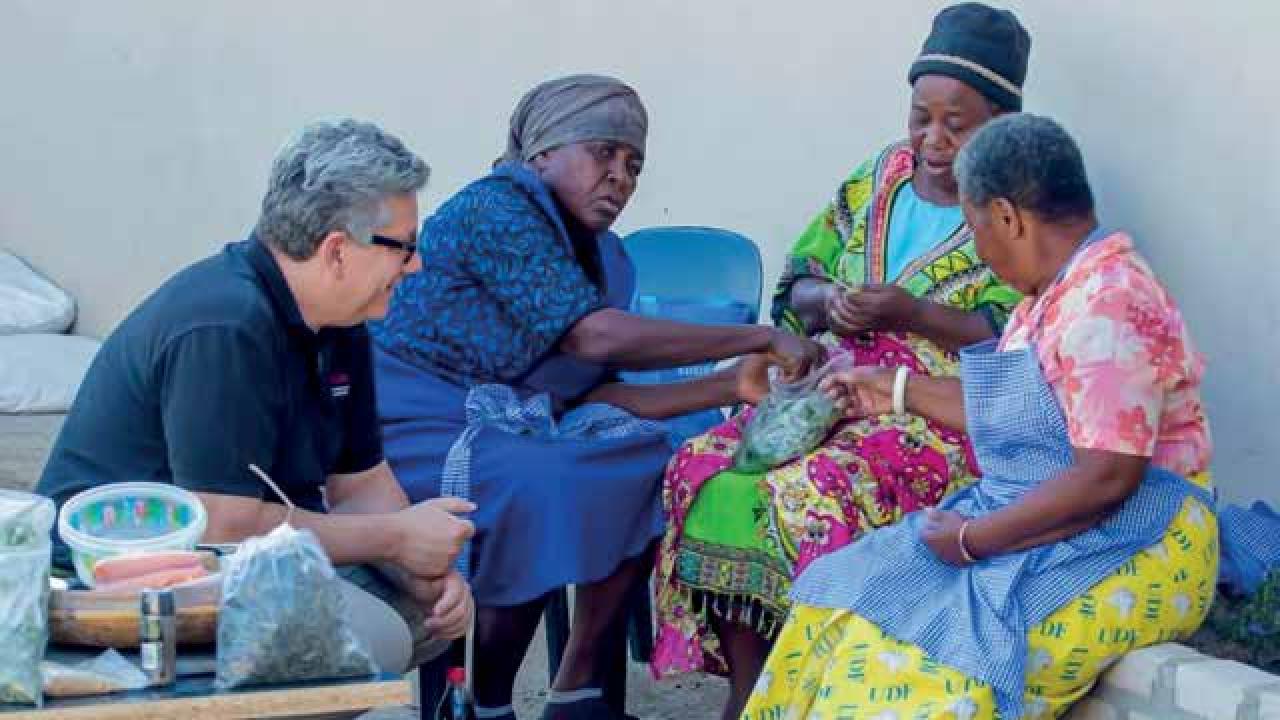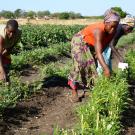
Food insecurity directly impacts a third of the world’s population and perpetuates a cycle of hunger and malnutrition that is inherited through generations. Previous relief efforts have largely been donor-focused, providing only temporary solutions. To break the cycle of food insecurity, poverty, and hunger, relief efforts must empower communities and facilitate real transformative changes. Professor James Simon of Rutgers University and colleagues have developed a transferable horticulture model that builds upon local ecosystem knowledge and cultural infrastructures while embedding science driven,
market-first, and value chain methodologies. Introduced into several countries in sub-Saharan Africa, the model includes agribusiness and technical skills training to strengthen the participation of farmers and local entrepreneurs, particularly women and youth, in profitable value chains. Using this novel approach, the Rutgers team and their African colleagues have successfully demonstrated how horticulture can contribute to a real reduction in poverty and malnutrition, while fostering job creation, pride and creativity.

